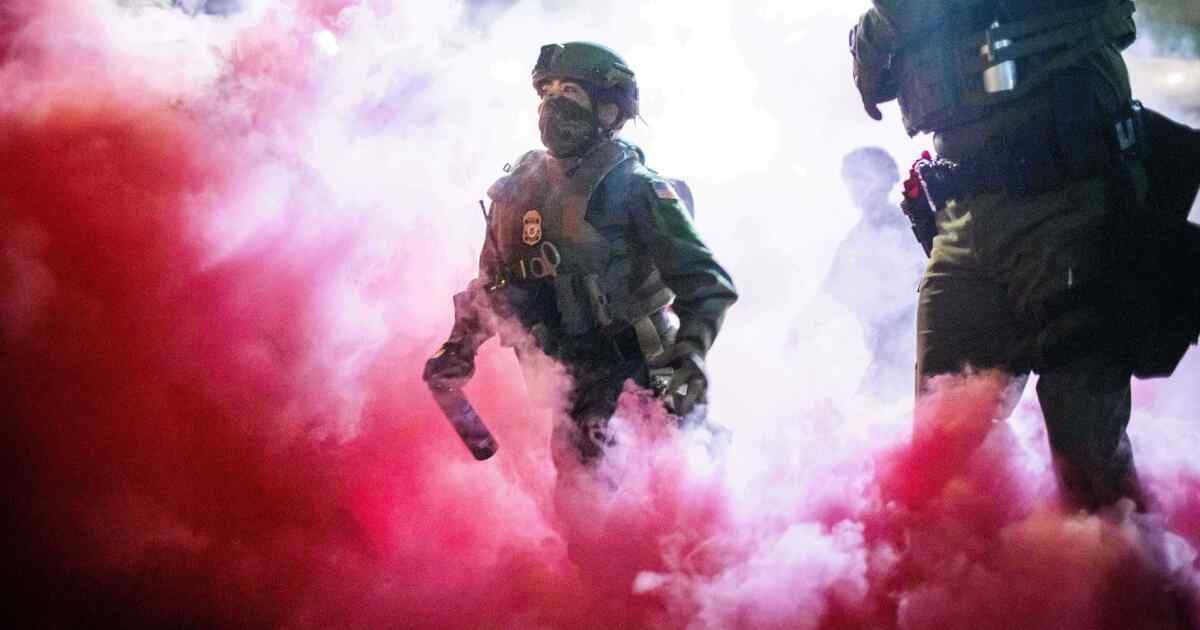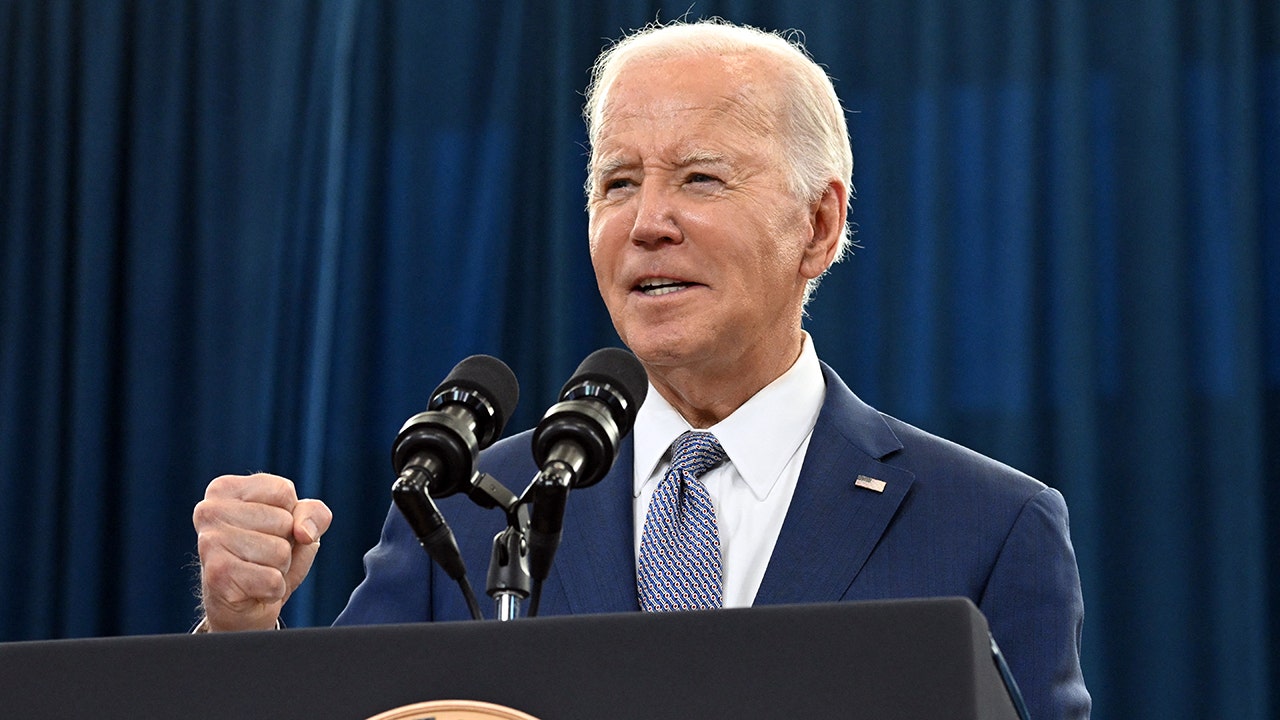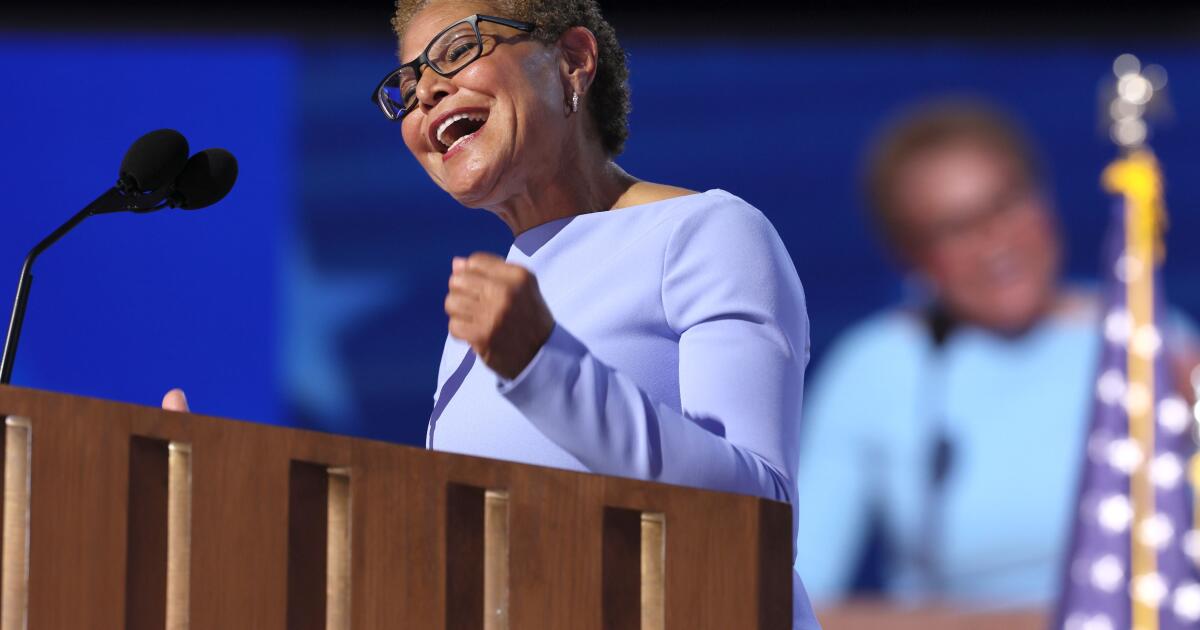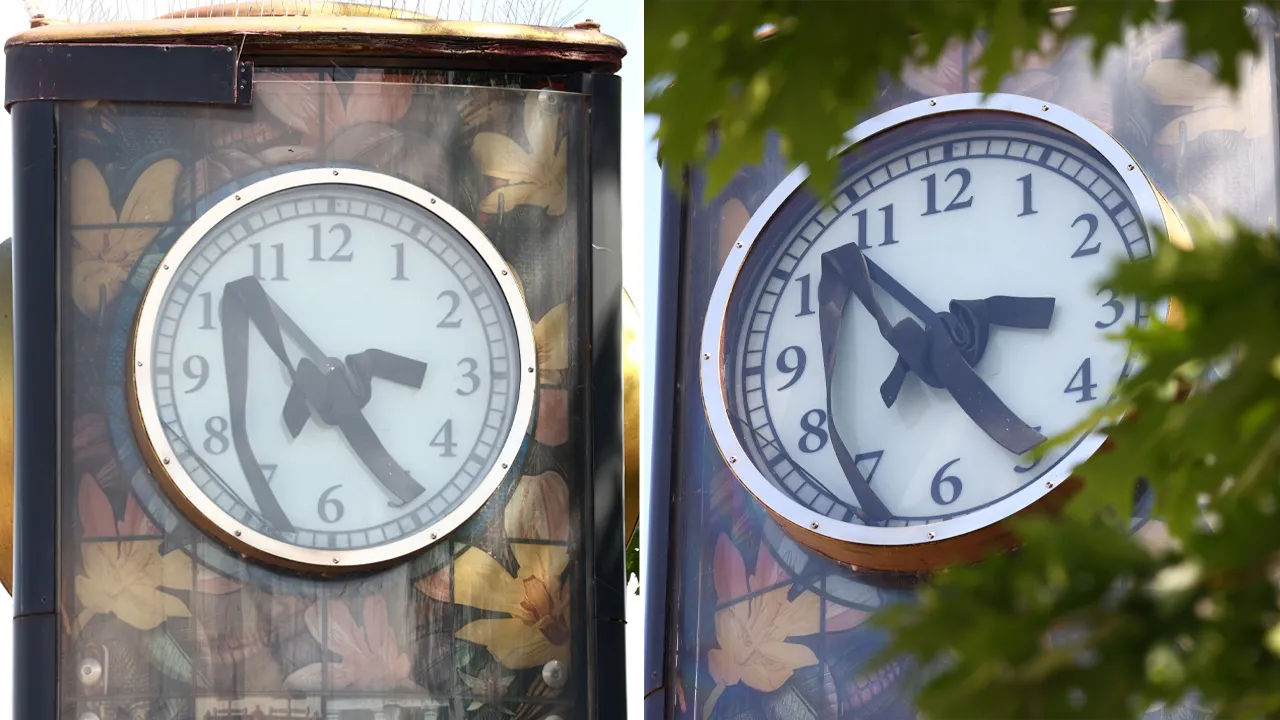The Ninth Circuit Court of Appeals on Monday handed command of Oregon National Guard troops to the president, further raising the stakes in the ongoing multi-front court battle over military deployments in cities across the United States.
A three-judge appeals panel, including two members appointed by Trump during his first term, concluded that the law “does not limit the facts and circumstances that the president may consider” when deciding whether to send troops domestically.
The judges determined that in ordering a deployment, “the President has the authority to identify and weigh the relevant facts.”
The ruling stands in stark contrast to a trial judge's finding earlier this month.
U.S. District Judge Karin Immergut in Portland previously called the president's justification for federalizing Oregon troops “simply independent of the facts” in her Oct. 4 temporary restraining order.
The appeals judges said they were guided by a precedent set in the Ninth Circuit this summer, when California tried unsuccessfully to regain control of federalized troops in and around Los Angeles.
Another proceeding in the California case is scheduled for this week before the appeals court, and the court's earlier decision could be overturned. At the same time, the Supreme Court is considering a nearly identical rollout in Illinois.
For now, exactly which troops can be deployed to Portland remains the subject of bitter controversy in U.S. District Court, where Immergut blocked the administration from flooding Portland with California guardsmen.
The Supreme Court is likely to decide the issue later this fall.
The justices who heard the Oregon case described the conflicting legal theories in their opinions. The two court members who upheld Trump's authority over troops argued that the law is simple.
“The president's ruling in this area is absolute,” wrote Judge Ryan D. Nelson, a Trump appointee, arguing that the court had overstepped its bounds in taking up the case.
“Reasonable minds will not agree on the appropriateness of the President's National Guard deployment to Portland,” Nelson wrote. “But the federal courts are not the panacea for resolving that disagreement; the political process is (at least under current Supreme Court precedent).”
Susan P. Graber, a Clinton appointee, said the appeals court had veered into travesty.
“Given Portland protesters' well-known penchant for wearing chicken suits, inflatable frog costumes, or nothing at all when expressing disagreement with the methods employed by ICE, observers may be tempted to view the majority's ruling, which accepts the government's characterization of Portland as a war zone, as simply absurd,” he wrote in his scathing dissent.
But the stakes of sending armed soldiers into American cities based on little more than “propaganda” are much higher, he wrote.
“I urge my colleagues on this court to act quickly to overturn the majority's order before the illegal deployment of troops under false pretenses can occur,” Graber wrote. “Above all, I ask those watching this case unfold to keep faith in our justice system for a little while longer.”












